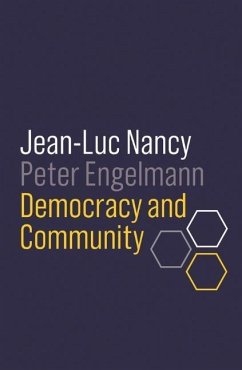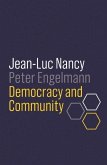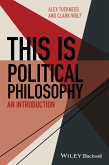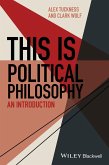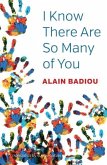The concept of community is tainted by the events of the twentieth century, frequently appropriated by totalitarian regimes for the purposes of exclusion and oppression. In this dialogue with Peter Engelmann, philosopher Jean-Luc Nancy attempts to reframe community as central to a reconceptualization of politics and democracy.
Observing that all our interactions are in some way shared experiences, Nancy demonstrates that a common sense of life precedes our existence as individuals: we can only truly make sense of life in a plurality. Democracy is typically concerned with establishing political unity, yet its greater task lies in community: creating a space in which sense can realize itself and circulate.
This conversation with one of France's foremost thinkers will be of great interest to all readers of contemporary philosophy and political theory.
Observing that all our interactions are in some way shared experiences, Nancy demonstrates that a common sense of life precedes our existence as individuals: we can only truly make sense of life in a plurality. Democracy is typically concerned with establishing political unity, yet its greater task lies in community: creating a space in which sense can realize itself and circulate.
This conversation with one of France's foremost thinkers will be of great interest to all readers of contemporary philosophy and political theory.
'That the common is not a blanket under which we huddle with others for protection, but a blank that eludes us, is the political lesson Nancy has sought to impart. This moving interview exposes the restless vigilance required to safeguard the negativity of this profound insight against its collapse into utopian fantasy.'
Joan Copjec, Brown University
Joan Copjec, Brown University

